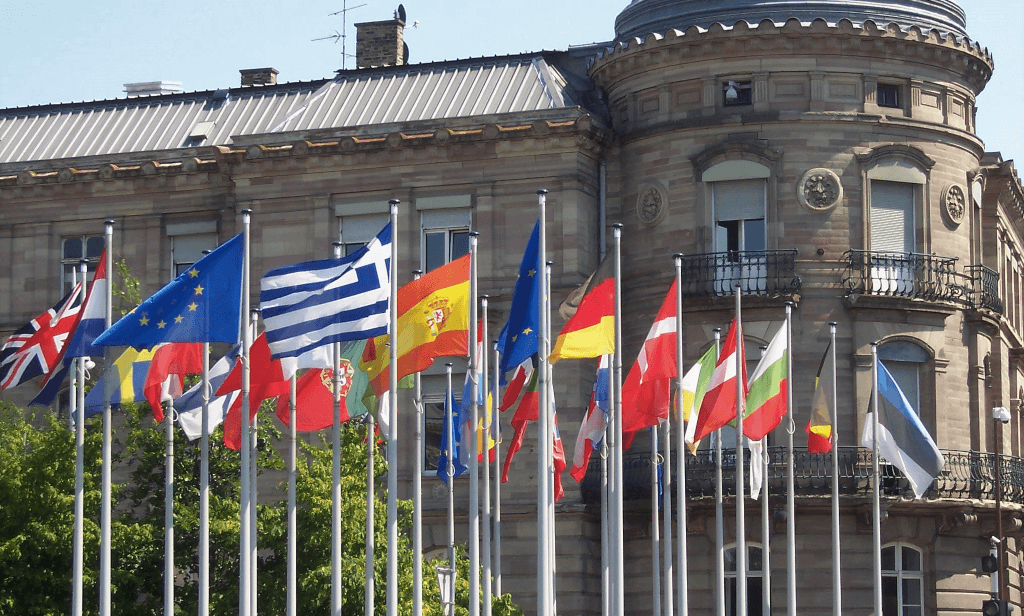Individual member states are responsible for the legal regulation of the gaming sector in the European Union. As a result, the rules for the safety of players and children across the 27 EU countries differ significantly, according to a follow-up study published on Wednesday by the City University of London. This poses a hurdle for globally functioning game suppliers.
The European Gaming Association (EGBA) commissioned the study. In an initial analysis published in 2018, the authors provided an EU-wide summary of gaming legislation. Other EU member nations, notably Germany, the Netherlands, and Sweden, have authorised internet gambling since then. Online gambling is now allowed in all EU member states.
The EU Commission said in 2014 that the goal was to standardise as much of the industry’s regulation as possible. This resulted in the Commission Recommendation on Principles for the Protection of Consumers and Users of Online Gambling Services and for the Exclusion of Minors from Online Gambling, Text of EEA Relevance (2014/478 / EU), which is still the only official Guide to the Protection of Gambling Players and Minors.
The study’s findings were the same then as they are now: each country implements some, but not all, of the EU recommendations within the scope of its national gaming legislation. Denmark is the only country that is currently following all suggestions.
EGBA applauds overall improvement.
In general, most country gambling regulations were comparable in many respects that are vital for player protection. Over the last three years, player and youngster protection procedures have been dramatically strengthened in at least ten countries.
The EGBA is pleased with this development. Simultaneously, the organisation would prefer a multinational, standardised set of norms for the future. Maarten Haijer, Secretary-General, makes the following remarks:
We applaud the progress achieved in improving player protection rules in EU countries. The regulatory concepts are similar in many areas, but there is increasing fragmentation in how the regulations are implemented, which complicates compliance and ultimately does not serve the customer. A more consistent regulatory structure would undoubtedly benefit everyone.
The study did, however, demonstrate that there was still an opportunity for improvement in some areas of player protection. This is especially true for prevention measures and access to offers of assistance, according to Haider.
Detail differences are significant.
Know Your Customer – What information must suppliers obtain?
All member nations required licenced gambling companies to request and collect specific information from their consumers. The bare minimum for gamers across the EU is their name and birthday. Gaming providers in the EU must additionally request a residence address, with the exception of three countries (Estonia, Latvia, and Austria).
A phone number and/or an e-mail address are required in 12 states. Ten countries, including Germany, demand a declaration of nationality.
Exclusion from oneself and exclusion from others
All EU countries need gaming companies to give their consumers the option of self-exclusion. Third-party exclusion is permitted in 14 countries, including Belgium, Denmark, Germany, and the Netherlands. This requires judicial clearance in five countries, including France and Spain.
The minimum duration of exclusion varies significantly. While this is seven days in France, it is twelve months in Germany and Latvia.
In all countries, lifetime exclusion can be revoked. A temporary ban cannot be revoked in five countries, including France and Italy.
Advertisement to prohibited gamblers
Not all EU nations followed the proposal to make gambling advertising aimed at banned players illegal. Only 12 countries have such a prohibition, including Denmark, Germany, France, the Netherlands, Spain, and Sweden.
A total prohibition on all gambling advertising, on the other hand, exists exclusively in Italy. However, this does not match the EU’s recommendations.
References to offers of assistance
11 states required their gaming providers to give information about support services to gamblers who were barred from playing. Contact information and links to support offerings shall be displayed immediately on gaming websites in 17 countries, including Germany, the Netherlands, Spain, and Sweden.
Accounts for temporary players
One of the EU recommendations concerns the use of temporary player accounts. These allow users to deposit and play money right after registration and thus before their data is validated.
The EU advises permitting temporary player accounts for a period of no more than 30 days. However, the survey found that these are illegal in 14 countries, including Belgium, Austria, and the Netherlands.
Gambling operators go unpunished in some countries?
In the last three years, there have been significant variances in the prosecution of gambling operators for violations of the applicable legislation. No penalties were levied in Estonia, Germany, Austria, or Slovenia in 2019 or 2020. Romania led the way in 2019 with 544 penalties. The majority of the penalties (335) were imposed in Slovakia and Cyprus in 2020.

